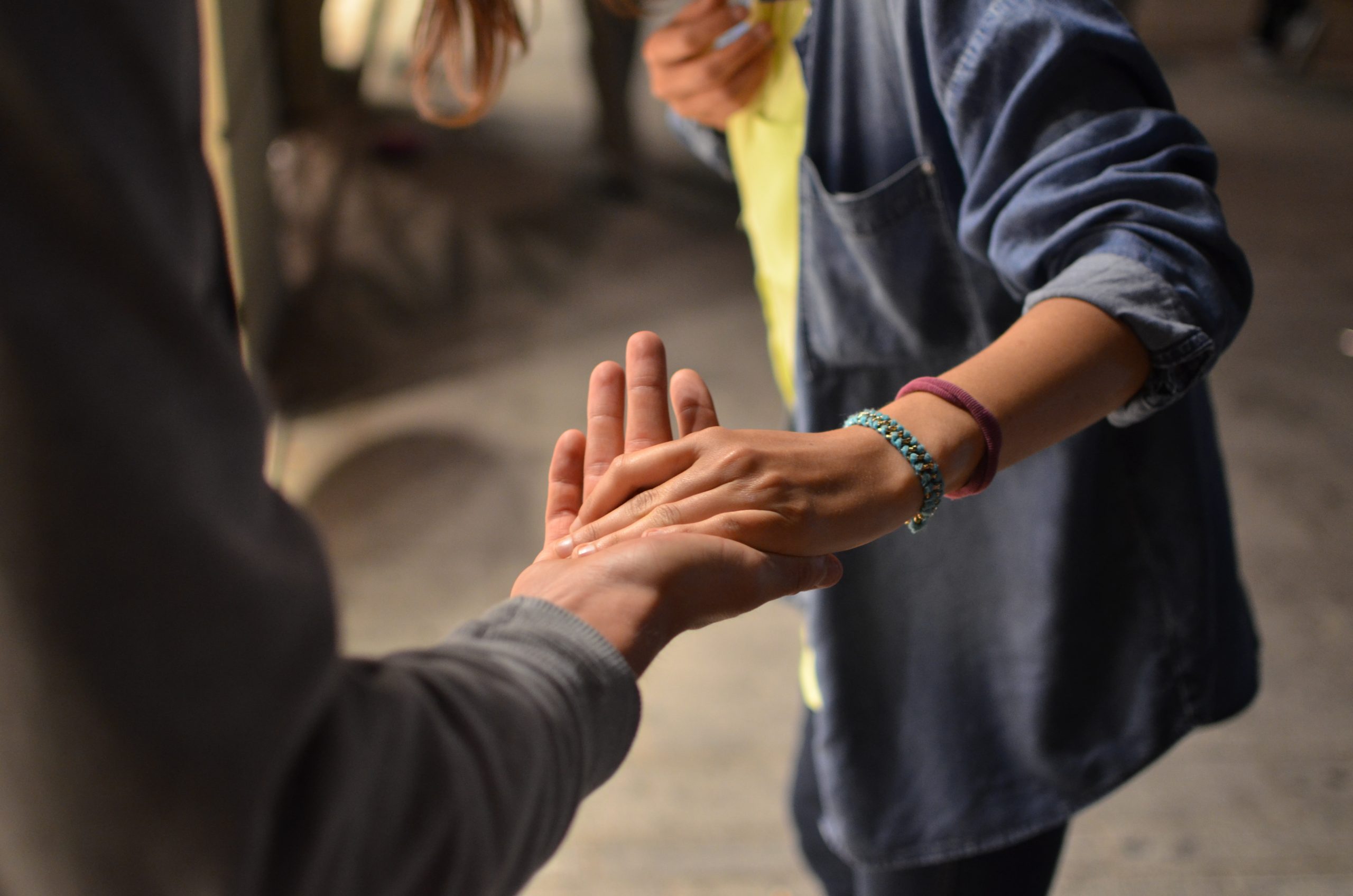
Disaster Management
In Australia, research shows that in times of disaster, impact is felt by everyone, not just those immediately affected. As well as all the services that are involved in response and recovery operations, ordinary people respond overwhelmingly with offers of help, donations and goods, even converging on sites when it is unsafe to do so. It is widely acknowledged that community participation is a valuable resource in all stages of disaster response and recovery that plays an important part with emergency services and government authorities.
https://volunteeringqld.org.au/resources/
https://volunteeringqld.org.au/emergency-volunteering/
Who are informal volunteers?
Informal volunteers may be anyone just like you in your local community who wants to willingly give time to help others, the environment etc., without financial gain. This happens without links to any formal organisations.
You choose what, where, when, who and how you want to help neighbours, friends, and others in your local community.
The benefits of offering your help include:
- Strengthening your local community. Local volunteers helping local recipients
- Recipients of your help may trust you more because you’re a local too
- You may be feeling sympathy and empathy reactions for those around you affected by a disaster, and people may appreciate this
- A sense of community. There may be other helpers who will help alongside you
- Getting to know your neighbours and what they need may mean you can help immediately
- You have skills and abilities to share and may be available after work hours or on weekends when your help is really needed – ability to put your skills and abilities to use?
- Meeting new people and learning new skills
- Short term commitment. You don’t have to offer ongoing support, just what you’re able to do today or tomorrow.
How can you help?
If you have registered to volunteer in times of disaster, and have not been offered any opportunity yet, you might consider helping your immediate community, friends, and neighbours, checking who might need support, help, or someone to chat to. Recovery can take a long time and people affected often need help long after the disaster event has passed so also consider how you can assist into the future.
Some of the ways you can help include gardening, clearing allocated rubbish, sweeping paths, picking up groceries, securing outside fixtures such as play equipment, moving small items, talking with people.
Before your help:
Always keep safe and look after yourself first, then consider helping those around you.
Let people know who you are, showing your credentials (eg driver’s license) if asked.
Ask people what they need and listen well
Come back another day if you’re not needed today.
What information do I need to help others? Education and Information for Informal Volunteers
You have rights as an informal volunteer, including:
- the ability to protect your personal privacy – only share minimal information about yourself
- the autonomy to say no/ It’s ok to say no (if it feels wrong, it probably is)
- expect respect
- ask what will be provided e.g. access to a toilet
- the freedom to leave a situation if you’re unsure or it doesn’t feel right
- the option to report inappropriate behaviour or actions to you
You also have responsibilities as an informal volunteer, please:
- remember safety first, for you and the recipient
- do no harm, to yourself or the recipient
- respect the recipient and their property
- listen to the recipient and follow instructions and information about the volunteer work the recipient would like done, where you can go, where is out of bounds (e.g. inside their property)
- be clear about what you can and can’t do (e.g. don’t lift heavy objects if you have back problems)
- advise what you will provide e.g. drinks, food, equipment, PPE, etc.
- show your ID if asked (e.g. license)
- do not ask unnecessary or personal questions,
- do not take photos or liberties at the recipient’s expense
- work safely, identify/reduce hazards where possible, let the recipient know any problems
- when requested, stop helping and leave the property.
Other questions you may have…
- Insurance – what happens in case I have an accident? You are not covered by Volunteer Insurance when working alone, you will be covered by Medicare (and your own health insurance if you have it), you may be covered by the recipient’s insurance if they have it. You need to decide if this is ok for you.
- What are the responsibilities of recipients – will they let me know what to do, what not to do? Always ask the recipient what is needed and all details about volunteering with them and on their property, BEFORE starting any helping.
- What if something goes wrong? Stop helping, let the recipient know and seek advice.
- Can I register with an organisation too? Yes, this may suit your helping needs better. Many diverse volunteering positions are advertised on the Volunteering Queensland website or by registering with Volunteering Queensland’s EV CREW.
- https://volunteeringqld.org.au/roles/
- https://register.emergencyvolunteering.com.au/
Volunteering Queensland has more information – https://volunteeringqld.org.au/resources/checklist-for-volunteers/